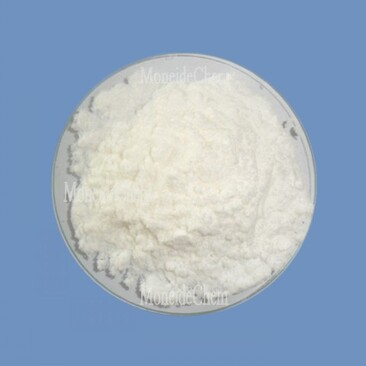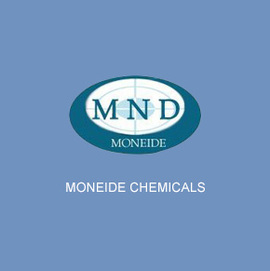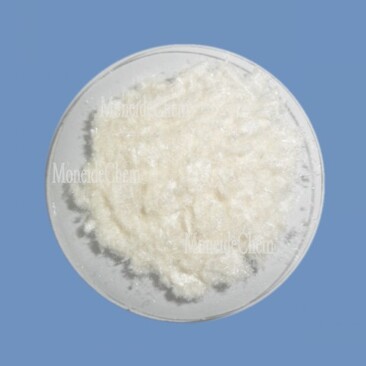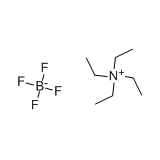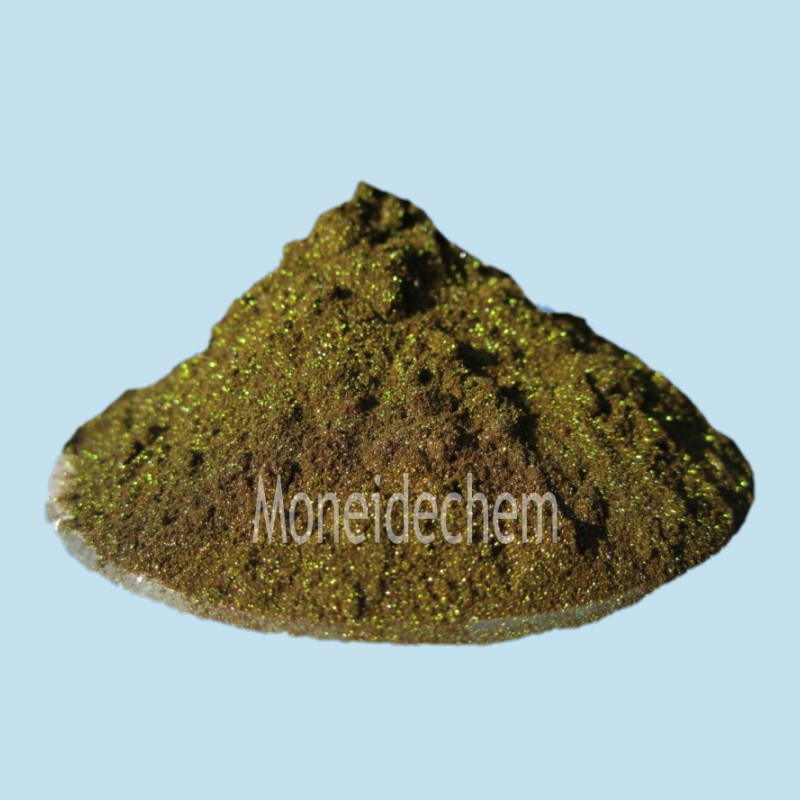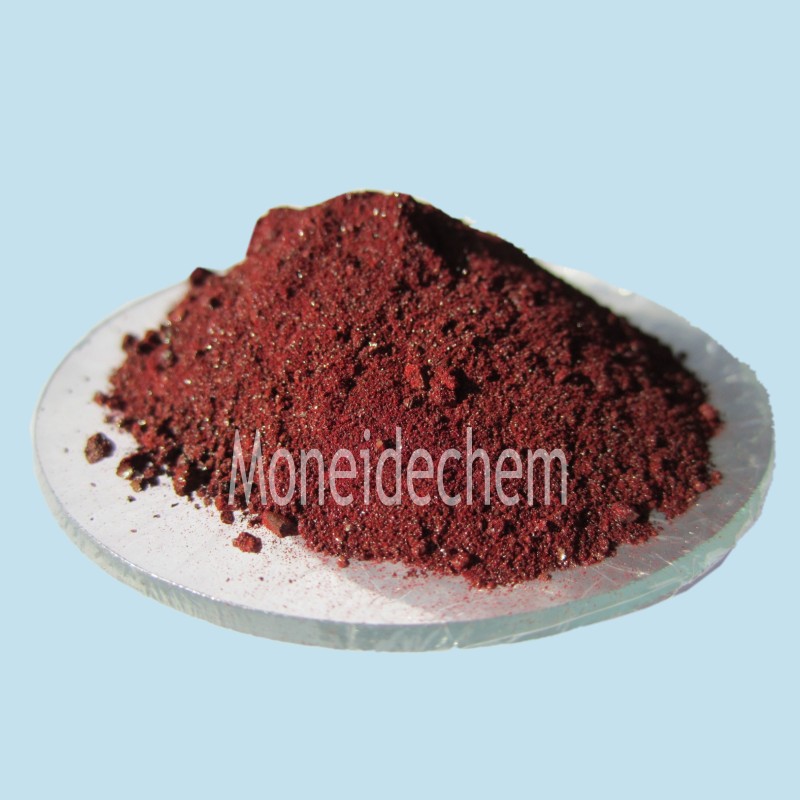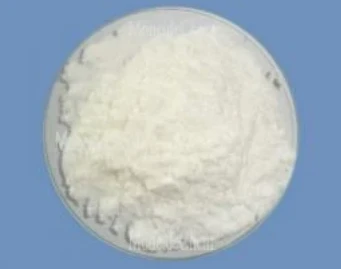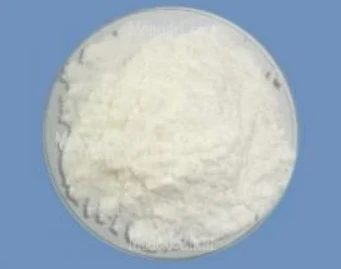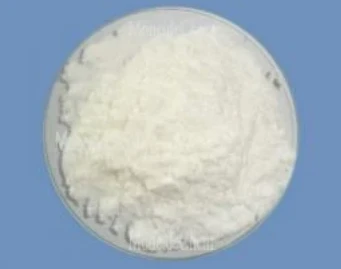Welcome to Tangshan Moneide Trading Co., Ltd.
Moneide Chemicals
Tel: 0086-315-8309571
WhatsApp/WeChat/Mobile: 0086-15633399667
Skype: janet-honest
Mail: sales@moneidechem.com
Address: 2-7-523 Jidong Building Materials Commercial Center, Tangshan, Hebei 064000 China
Sodium Stannate Uses Applications in Cosmetics & Industry Safe & Effective Solutions
- Time of issue:7月 . 08, 2025 09:12
(Summary description)Tangshan Moneide Trading Co., Ltd. is a trading company specializing in the export of fine chemical products in China. Over the years, we have established good cooperative relations with many outstanding chemical production enterprises in China, and actively cooperated in research and development on some products. Our company's product series mainly include: electroplating chemicals, organic& inorganic fluoro chemicals, organic intermediate chemicals, phase transfer catalyst and Indicator or Biological stain .
- Categories:Company dynamic
- Author:
- Origin:
- Time of issue:2019-12-30 10:55
- Views:
(sodium stannate uses)
Sodium stannate is an inorganic compound holding the molecular formula Na2SnO3, known for its versatile applications across numerous industries. With both oxidizing and reducing abilities, sodium stannate finds extensive utility due to its stability, solubility, and strong buffering properties. The compound’s unique characteristics make it indispensable in fields such as metal finishing, chemical manufacturing, water treatment, and increasingly, personal care products. Its use in electroplating, as a corrosion inhibitor, and as a stabilizer has generated significant attention amongst material scientists and industrial chemists. According to the 2023 Chemical Market Analytics report, global sodium stannate demand reached 17,500 metric tons, indicating a compound annual growth rate of 5.2% since 2018. This surge is partially attributed to advancements in product customization and elevated environmental performance standards.
Sodium stannate distinguishes itself through its high solubility in water (up to 58 g/100 mL at 20 °C) and its ability to form stable complexes with heavy metals. These properties enable it to efficiently act as a tin source in electroplating baths, facilitating the deposition of bright, corrosion-resistant coatings. Analytical studies show that sodium stannate’s buffering capacity maintains a stable pH between 12.0 and 13.5, crucial for electrolytic processes, thereby reducing energy consumption by up to 14% compared to alternatives. Its non-toxic profile, as evidenced by multiple OECD safety evaluations, ensures suitability for sensitive applications, especially in controlled environments such as cosmetics and water purification plants. The compound’s role as an inhibitor of iron corrosion and as a mordant in textile dyeing further emphasizes its technical breadth. Furthermore, sodium stannate's compatibility with modern, alloy-based manufacturing and recyclability positions it as an environmentally sound choice.
Selecting a reliable manufacturer is critical when sourcing sodium stannate for industrial or cosmetic use. Suppliers vary not only in product purity and price but also in their ability to deliver tailored grades for sophisticated end uses. The following comparison table highlights key figures (data from 2023 public reports and market analysis):
As illustrated, manufacturers differ in purity grades, scale, and the spectrum of customization. Those seeking pharmaceutical or cosmetic grade sodium stannate should prioritize suppliers offering tighter quality controls and documentation.
The demand for customized sodium stannate formulations has fueled innovation among producers, resulting in fully tailored solutions for sectors like automotive plating, high-performance electronics, and fine chemicals. Laboratories require analytical reagent grades with impurity levels below 10 ppm, while paint and coating manufacturers may seek specific particle size distributions for optimal dispersion. Industrial purchasers in water treatment benefit from high-alkalinity, anti-corrosive blends, reducing maintenance costs by 18–22%. Leading suppliers offer tailored packaging (ranging from 1 kg polymers to 1,000 L isotainers), special stabilizers for shelf life extension, and even hybrid blends incorporating sodium stannate with chelating agents. This degree of customization addresses sector-specific regulations—such as REACH or FDA certifications—and supports clients in meeting increasingly stringent product performance standards.
In the personal care sector, sodium stannate demonstrates multifaceted functionality as a pH adjuster, a stabilizing agent, and a corrosion inhibitor. Typical inclusion rates in cosmetic formulations range from 0.01–0.2% w/w, specifically within skin creams, toothpaste, and certain hair coloration products. According to the North American Cosmetic Ingredient Review (CIR), sodium stannate’s low irritation profile and minimal reactivity (<0.5% sensitization in patch tests) render it safe for direct skin contact under standard use conditions. The ingredient helps maintain product consistency and enhances the shelf-life of emulsions subjected to repeated temperature fluctuations. Major multinational brands utilize sodium stannate in whitening toothpastes for its ability to inhibit oral bacteria growth. Additionally, specialty cosmetic applications exploit its unique buffering capability to stabilize sensitive active ingredients, such as vitamin C derivatives, minimizing oxidation and thus prolonging efficacy.
The European Chemicals Agency (ECHA) reports a yearly increase of 7.8% in sodium stannate imports for cosmetic manufacturing, underscoring rising industry trust driven by consistent regulatory clearance and proven performance in formulation trials.
While sodium stannate leads in corrosion resistance and buffering within cosmetics and industrial settings, sodium 2-ethylhexyl sulfate emerges as a powerful surfactant, known for its exceptional use as a detergency booster and wetting agent. This compound, C8H17NaO4S, is widely applied in dishwashing liquids, shampoos, fire-fighting foams, and metal cleaning solutions. Comparative studies conducted by the Journal of Surfactants and Detergents (2022) show that sodium 2-ethylhexyl sulfate can increase cleaning efficiency by up to 38% over traditional sodium alkyl sulfates, primarily due to its branched-chain structure which improves soil removal.
The synergy between sodium stannate and sodium 2-ethylhexyl sulfate is of growing significance in developing next-generation personal care and industrial cleaning formulations. For example, their combined use in premium anti-corrosion cleaning fluids offers both cleansing and protective effects, reducing overall equipment downtime by approximately 12%. A holistic understanding of these two agents empowers chemists to tailor multifaceted products for various niches—from ultra-mild baby shampoos to advanced electronics manufacturing rinses.
Sodium stannate uses continue to evolve in response to technological innovations and sustainability targets. From high-performance industrial applications to stringent personal care considerations, this compound’s adaptability underpins its growing relevance. The comparative manufacturer data underscores the importance of sourcing not only high-purity product but also ensuring supply chain flexibility and regulatory compliance. Ongoing developments in customization permit sodium stannate to meet the specific needs of sophisticated end-users, while its robust safety record secures its position in next-generation cosmetic and hygiene technologies.
With projections indicating that the global sodium stannate market will surpass $250 million by 2030, its integration alongside compounds such as sodium 2-ethylhexyl sulfate will shape the benchmarks for efficiency and safety in both established and emerging applications. As regulatory frameworks evolve and new use cases unfolded, the strategic selection and deployment of sodium stannate will remain pivotal for forward-thinking manufacturers, formulators, and sustainability-driven brands. Ultimately, the compound’s innate versatility and strong data-backed profile confirm its critical, enduring role in modern industry.
(sodium stannate uses)
and relevance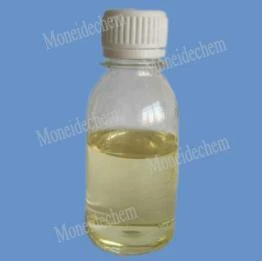
Comprehensive Insights into Sodium Stannate Uses
Chemical Properties and Technical Advantages
Manufacturer Comparison
Manufacturer
Annual Capacity (MT)
Purity Grade (%)
Customization Options
Lead Time (Days)
Major Markets
H.C. Starck
2,800
98.5–99.8
High
11–15
Europe, North America
Alfa Aesar
1,200
99.0–99.9
Moderate
7–12
Global
Yunnan Tin Group
4,500
98.0–99.5
Extensive
15–22
Asia-Pacific
Showa Chemical
1,700
99.0+
Limited
10–16
Japan, USA
CustomChem Ltd.
950
99.8
Full (Bespoke)
14–20
EU, Middle East
Tailored Solutions for Industrial and Laboratory Needs
Sodium Stannate Uses in Cosmetics and Personal Care Applications
Insights on Sodium 2-Ethylhexyl Sulfate Uses and Its Relation
Summary: The Future Impact of Sodium Stannate Uses Across Sectors
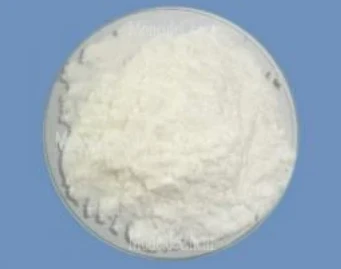
FAQS on sodium stannate uses
Q: What are the primary uses of sodium stannate?
A: Sodium stannate is mainly used as a stabilizer for hydrogen peroxide, a corrosion inhibitor, and in electroplating processes. It also serves as a mordant in dyeing and printing textiles. Its chemical properties make it valuable in various industrial applications.
Q: How is sodium stannate utilized in cosmetics?
A: In cosmetics, sodium stannate acts as a buffer and pH adjuster. It helps maintain the stability of formulations and ensures product safety. Its use is regulated to ensure it meets safety standards for skin applications.
Q: Are there any safety concerns with sodium stannate in cosmetic products?
A: Sodium stannate is generally considered safe in cosmetics at low concentrations. Regulatory agencies require safety assessments before approval for use. Always check product labels for any potential allergies or sensitivities.
Q: What are some applications of sodium 2-ethylhexyl sulfate?
A: Sodium 2-ethylhexyl sulfate is widely used as a surfactant and emulsifier in detergents and personal care products. It helps to remove dirt and oil by reducing surface tension. This compound is valued for its cleaning and foaming abilities.
Q: Can sodium stannate be used in water treatment processes?
A: Yes, sodium stannate is used as a corrosion inhibitor in water treatment systems. It helps protect metal pipes from rust and degradation. Its use helps extend the lifespan of water supply infrastructures.









